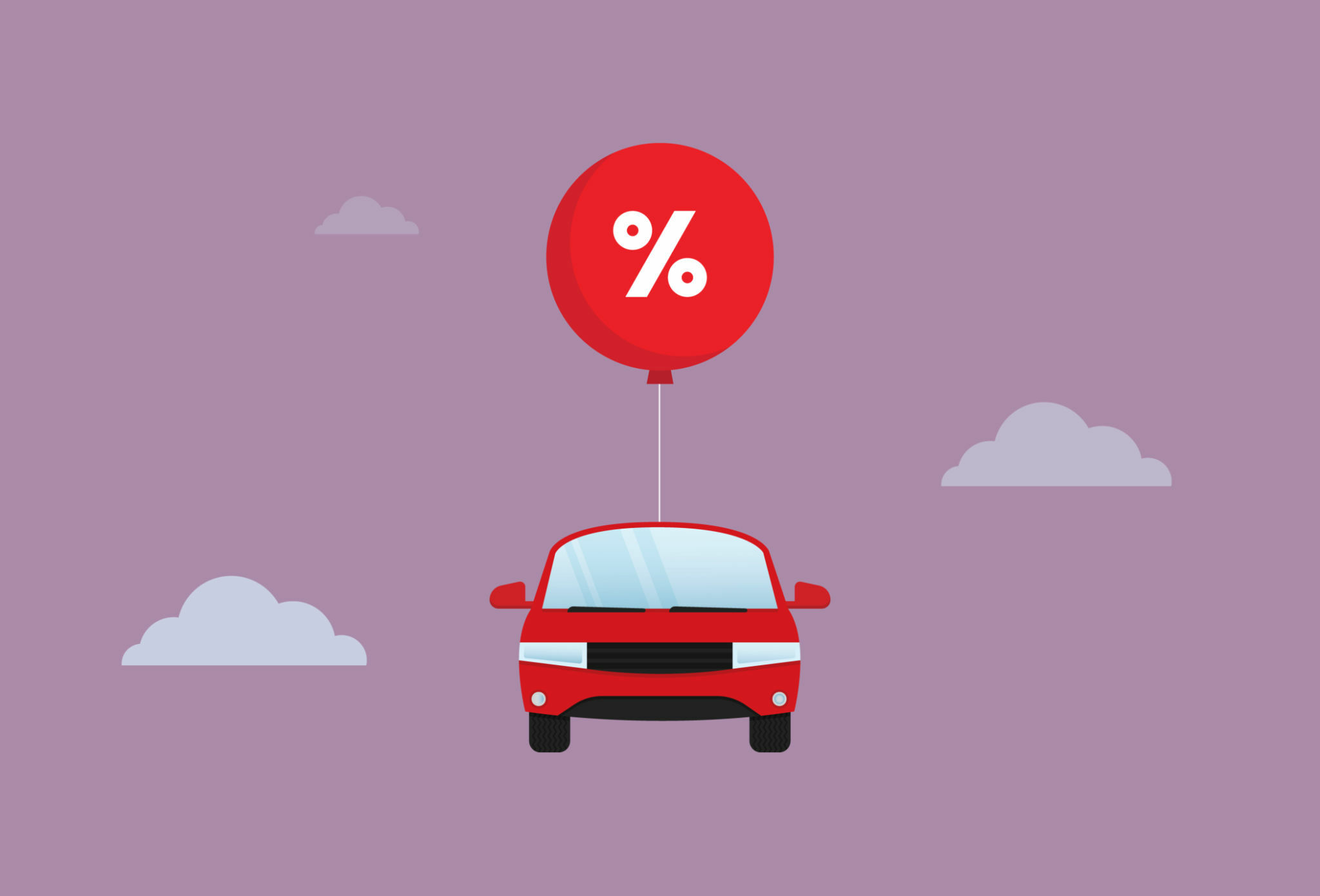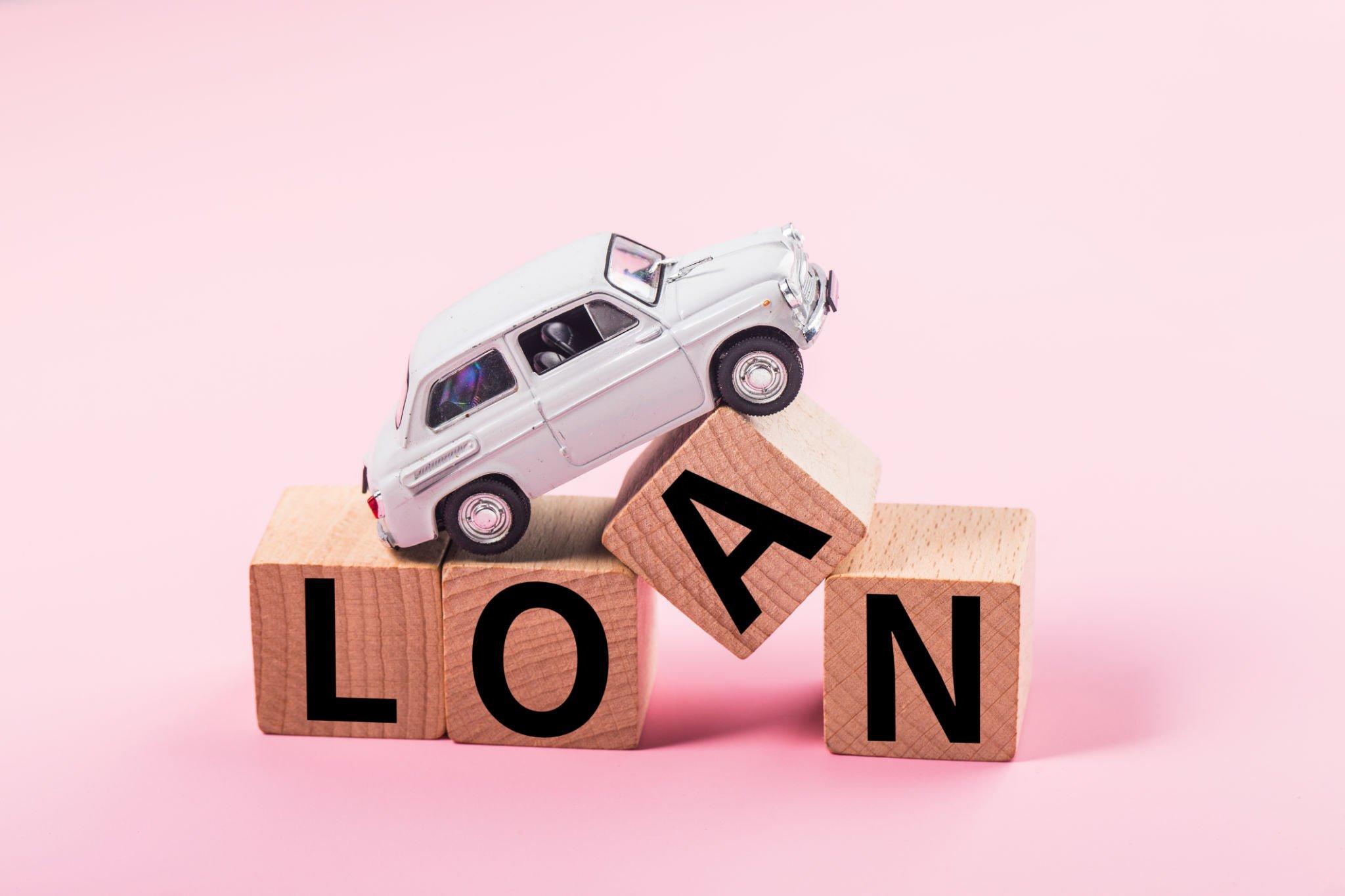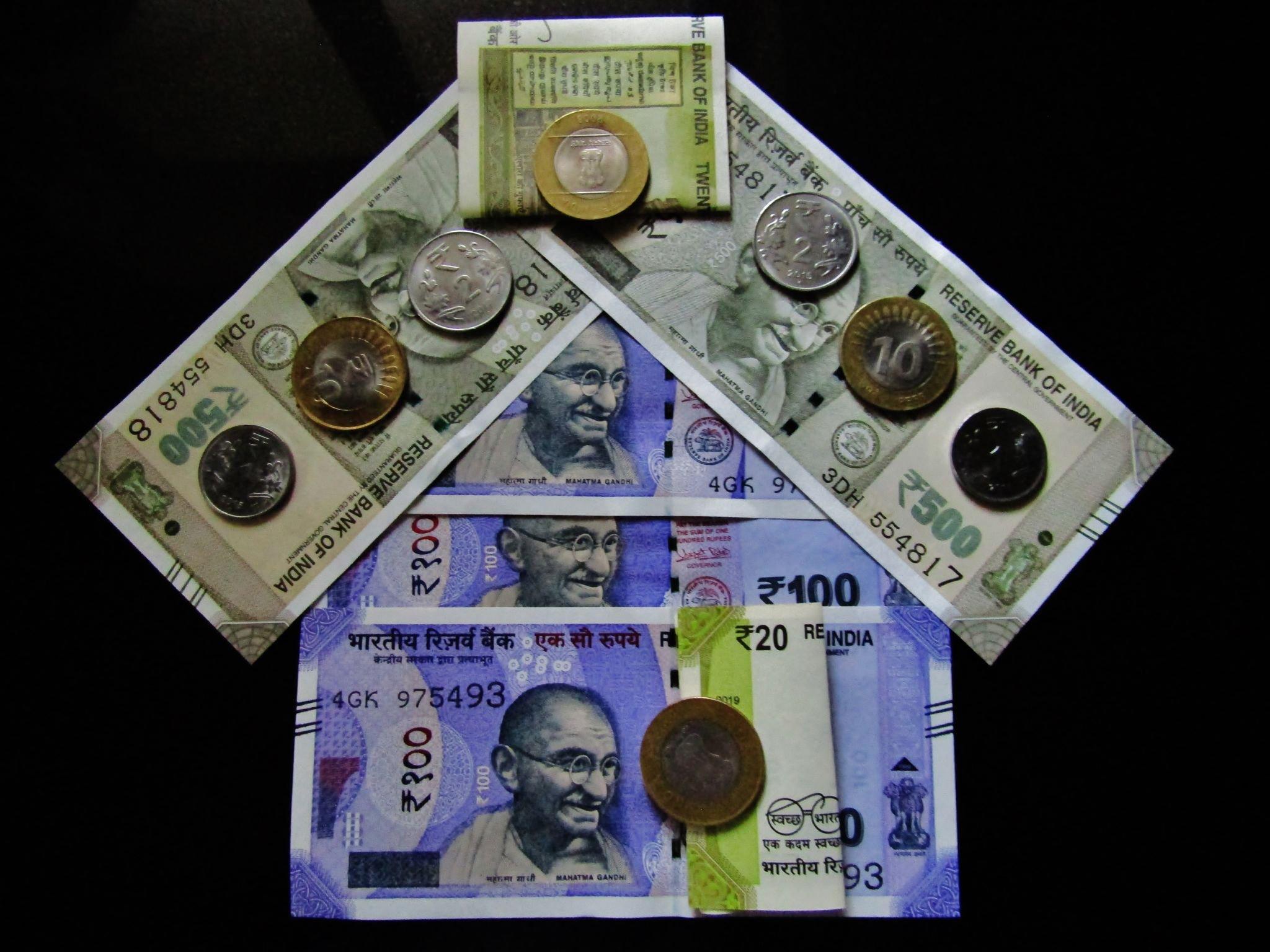
In India, where the automobile industry is booming, owning a car has become a symbol of convenience and status. With a myriad of car models available, it’s easier than ever to find one that suits your needs and preferences. However, when it comes to acquiring your dream car, understanding the dynamics of down payments and car loans is crucial. In this article, we will explore the essentials of down payments and car loans, helping you make informed decisions about financing your vehicle.
The Significance of Down Payments
What is a Down Payment?
A down payment is a lump sum of money paid upfront when purchasing a car. This amount is usually a percentage of the total car price. The significance of a down payment cannot be overstated. Here are a few key reasons why it matters:
1. Reduced Loan Amount: When you make a substantial down payment, the amount you need to borrow through a car loan decreases. This means lower monthly installments and, often, more favorable interest rates.
2. Ownership Stake: A substantial down payment signifies your commitment to the purchase. It also provides a sense of ownership and responsibility, as you’ve invested a significant amount of money in the vehicle.
3. Lower Interest Costs: A smaller loan amount typically results in lower interest costs over the life of the loan. This translates to significant savings in the long run.
How to Determine the Right Down Payment
Determining the appropriate down payment can be a challenge. Several factors come into play, including your financial situation, the car’s price, and the loan terms. To help you decide, consider the following tips:
• Budget Carefully: Analyze your finances to determine how much you can comfortably afford to put down without straining your budget.
• Loan Length: Consider the loan tenure. A longer loan term may require a smaller down payment, but it could cost you more in interest over time.
• Interest Rate: A higher down payment might secure a lower interest rate, which can result in substantial savings.

Understanding Car Loans
What Are Car Loans?
Car loans are a financial instrument that enables individuals to purchase a vehicle without paying the full price upfront. Here’s what you need to know:
1. Interest Rates: Car loans come with an interest rate, which is the cost of borrowing the money. Interest rates can vary based on the lender, loan tenure, and your creditworthiness.
2. Loan Tenure: The loan tenure is the duration for which you’ll be repaying the loan. It can vary, but typical car loan tenures in India range from 3 to 7 years.
3. EMIs (Equated Monthly Installments): You’ll make fixed monthly payments to repay the loan, which includes both principal and interest. The EMI amount is calculated based on the loan amount, interest rate, and tenure.
4. Loan Prepayment: Some car loans allow you to prepay the loan before the designated tenure. This can save you on interest costs.
Choosing the Right Car Loan
When seeking a car loan, consider the following factors to ensure you make the best choice:
• Interest Rates: Shop around for the best interest rates. Even a slight difference can have a substantial impact on your overall repayment.
• Loan Tenure: While a longer tenure might reduce your monthly payments, it can increase the total interest cost. Opt for a tenure that aligns with your financial goals.
• Credit Score: A good credit score can help you secure a lower interest rate. Maintain a healthy credit profile to benefit from lower borrowing costs.
Balancing Down Payments and Car Loans
Balancing down payments and car loans requires a careful approach. Here’s a step-by-step guide to make this process easier:
1. Evaluate Your Financial Situation: Assess your financial standing, including your income, expenses, and any existing debt. This will help you determine how much you can afford as a down payment.
2. Budget for Monthly Installments: Create a budget that includes your monthly car loan payments. Ensure it fits comfortably within your financial capacity.
3. Seek Competitive Loan Offers: Shop around for car loans and compare interest rates and terms from different lenders. This will help you find the best deal.
4. Save for the Down Payment: While you’re researching loans, focus on saving for your down payment. The more you can contribute upfront, the less you’ll need to borrow.
5. Plan for Contingencies: Prepare for unexpected expenses or emergencies by maintaining an emergency fund alongside your car purchase budget.
6. Consult a Financial Advisor: If you’re unsure about the best approach, consider seeking advice from a financial advisor who specializes in auto financing.
Conclusion
When it comes to purchasing a car in India, understanding down payments and car loans is essential for making sound financial decisions. A well-thought-out down payment can significantly impact your overall cost, and choosing the right car loan can help you secure a vehicle while keeping your finances in order. By following the guidelines mentioned in this article, you’ll be better prepared to embark on your car-buying journey.






